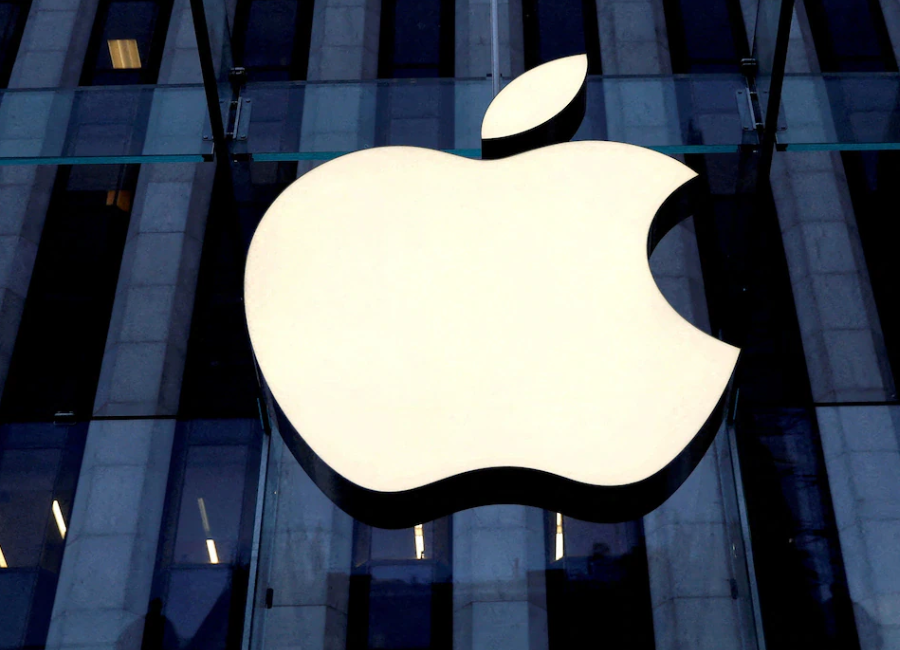In 2020, Apple, while maintaining its innocence, opted to settle a nationwide case related to the notorious “batterygate” controversy, a move aimed at sidestepping the legal complexities and associated costs. The resolution involved compensating iPhone users up to $500 million, a development that has recently materialized with affected individuals starting to receive payments from the tech giant.
Reports from Mac Rumors indicate that some users have observed deposits, around $92.17 (approximately ₹7,600), appearing in their accounts as part of the settlement. The “batterygate” saga unfolded in 2017 when a developer in the United States unveiled that certain iOS 10 updates were causing performance slowdowns in earlier iPhone models, including the iPhone 6S and iPhone 7. Consumers contended that this deliberate slowdown misled them into thinking their phones were on the verge of obsolescence, leading to premature replacements or battery installations. Initially, Apple did not disclose the reason behind the performance dip but later claimed it was intended to prevent sudden shutdowns when the battery reached a specific threshold.

This revelation prompted a slew of class-action lawsuits, with plaintiffs alleging that Apple’s actions coerced them into upgrading their phones prematurely instead of opting for a more economical battery replacement. In response to the backlash, Apple issued an apology in 2018 for its lack of transparency and subsequently reduced the cost of iPhone battery replacements to $29.
Apple defended its position by asserting that its engineers swiftly addressed the challenges, attributing them primarily to spikes in power consumption, temperature variations, and other technical issues. Despite these explanations, Apple chose to settle the case in 2020, refuting any wrongdoing, in a bid to evade the potential legal entanglements and associated expenses.
According to Reuters, the settlement encompasses U.S. owners of iPhone 6, 6 Plus, 6s, 6s Plus, 7, 7 Plus, or SE models running the iOS 10.2.1 or later operating system. It also includes users of iPhone 7 and 7 Plus running iOS 11.2 or later before December 21, 2017. The deadline for filing compensation claims was in October 2020.
This resolution marks a significant chapter in the “batterygate” saga, bringing some closure to affected users and shedding light on Apple’s practices concerning software updates and performance management. The compensation serves as a recognition of the grievances voiced by users who felt compelled to upgrade their devices prematurely due to perceived obsolescence induced by intentional performance slowdowns.
As the payments roll out, the tech community is closely watching the aftermath of this settlement, contemplating its potential impact on consumer trust and how companies approach software updates and device performance management. The “batterygate” controversy serves as a cautionary tale for technology companies, emphasizing the importance of transparency and ethical practices in ensuring a positive and trusting relationship with their user base.









